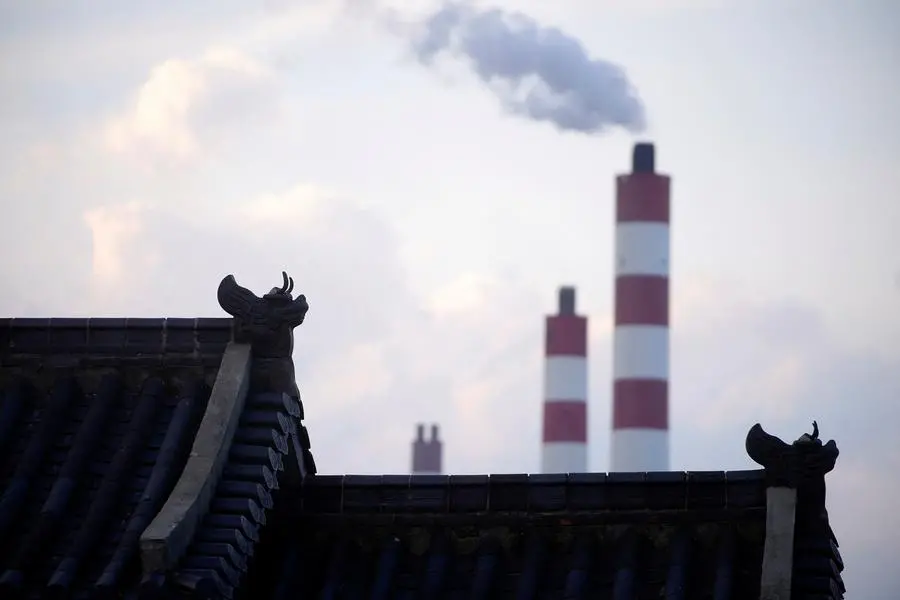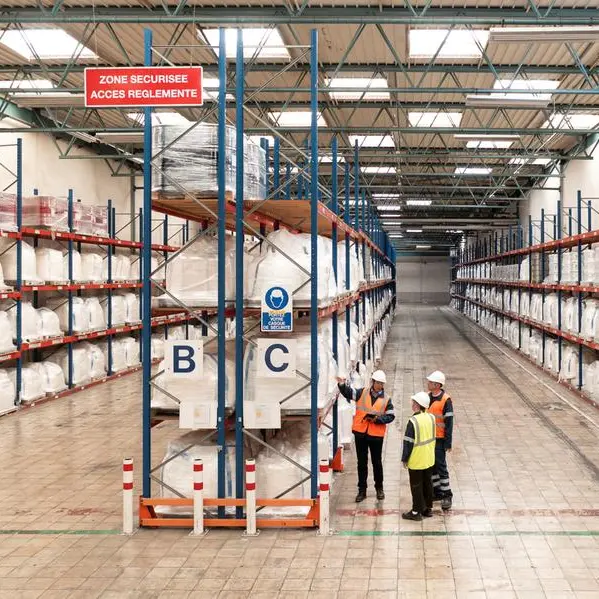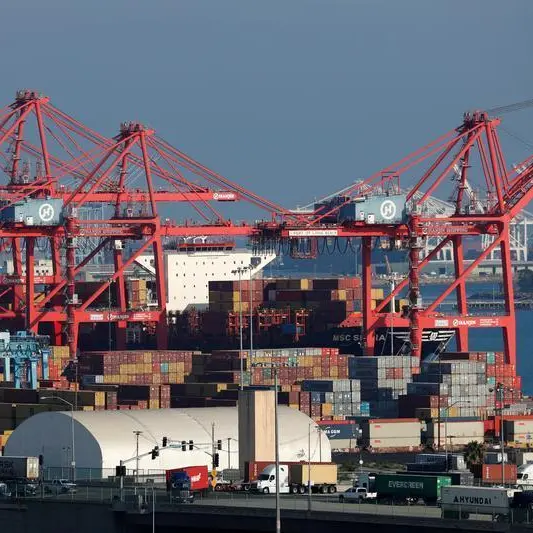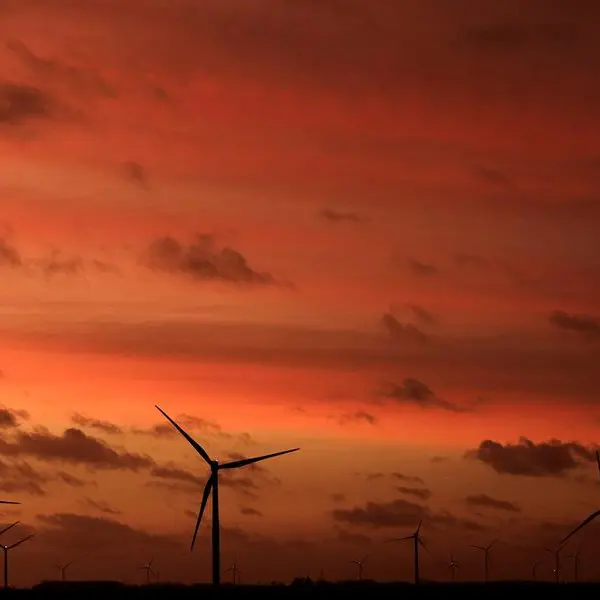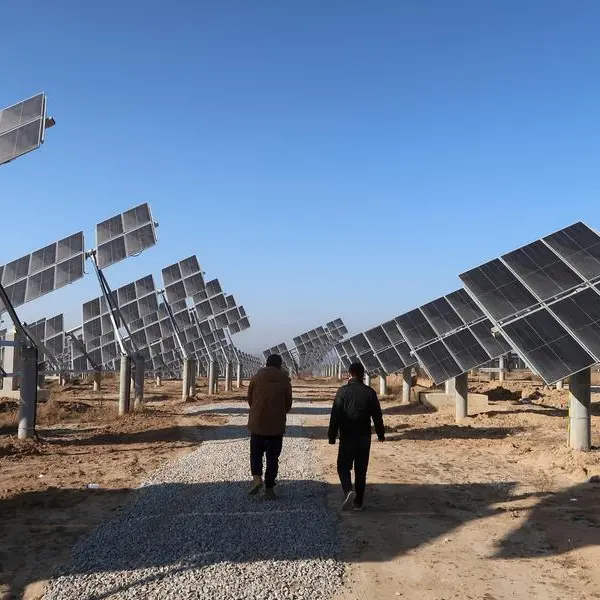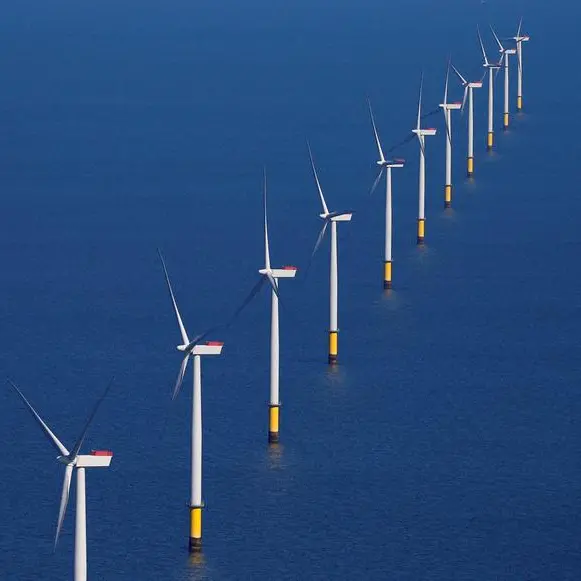PHOTO
SINGAPORE - China could face further power shortages this summer despite taking drastic measures to boost coal production, as much of the new supply is of lower quality than before and burns more quickly in power stations, traders and analysts told Reuters.
The world's top coal consumer relies on coal for 60% of its electricity. Last year, lower domestic coal production led to a weeks-long power crunch that hit manufacturing across the world's No. 2 economy.
Beijing has since ordered a ramp-up in coal output to record levels, and capped coal prices to ensure they are affordable for power generators.
But traders say the price cap is encouraging miners to prioritise coal quantity over quality, leaving power generators needing growing volumes of coal as they look to raise output.
"For miners, they don't have much incentive to produce high quality coal as margins are so low due to the price caps. Their priority is to churn out enough volume of coal to fulfil the targets set by government," said a China-based coal trader.
Thermal coal with calorific value above 5,500 kilocalories per kilogram is typically considered high heating value coal.
Yu Zhai, senior consultant at Wood Mackenzie, said that power plants also favour low quality cargoes which are cheaper and help reducing loss from electricity generation.
While China is the world's largest coal importer and number two importer of liquefied natural gas (LNG), the country depends primarily on domestic fuel supplies for power needs, and controls local power and fuel prices and domestic coal output to try to ensure sufficient affordable power is available.
In the wake of last year's power crunch, domestic coal miners duly boosted output to record levels, resulting in coal inventories at China's utilities rising by 50 million tonnes from the year before to 159 million tonnes in May, data issued by the state planner showed.
Most is of medium and low heating-value coal that power plants need to burn more of to generate the same amount of electricity as from higher heating-value coal, Zhai said. However, no figures for the amount of low heating-value coal in the inventories were immediately available.
"Some utilities in southern China saw coal use rise by nearly 15% in late May from a year ago, but power generation volume was almost the same," said another China-based trader.
With industrial activity picking up after recent COVID-19 lockdowns, traders said the higher proportion of lower quality coal means there may not be enough coal supply on hand to meet substantially higher power needs.
China Electric Council forecast in April that several regions, including southern and eastern China, would experience tight power supply in peak hours in summer.
Power consumption has already surged in provinces north of the Yangtze river due to warmer-than-normal weather, with regions like Henan, China's third-most populous province, being tested to meet record electricity demand.
LOWER VALUE IMPORTS
China's drop in high quality coal supplies has been exacerbated by a big change in China's coal imports since Beijing placed an unofficial ban on imports from high-grade coal producer Australia in late 2020, and increased purchases from low-grade coal suppliers in Indonesia and Mongolia.
Imports typically account for about 7% of China's total coal consumption and are crucial for power plants in coastal regions.
The average heating value of coal at major Chinese ports was around 4,800 kilocalories (kcal) at the end of May, compared to around 5,000 kcal in the same period last year, according to a person familiar with the matter who declined to disclose the source of the data due to Beijing's restrictions on data-sharing on energy product inventories.
The proportion of thermal coal with heating value above 5,500 kcal has fallen to the lowest level since at least 2020, or less than 10% of total port stocks, said the source.
Though Indonesia also produces some high heating-value coal, it's more expensive and mainly sold to Europe.
"With high shipping rates at this moment, only cheap, low quality coal can find a market in China," said a Singapore-based trader.
Increased coal imports by European buyers keen to replace Russian coal and gas supplies have also reduced high-grade coal supplies and pushed international coal prices well above domestic Chinese prices, making imports economically unfeasible for many Chinese power firms.
To guard against any potential power supply shortfall, Beijing has encouraged producers of hydro and renewable power to generate as much electricity as they can in order to slow the burn rate of coal supplies.
Additional possible measures that Beijing could take to alleviate power fuel shortages include capping power usage at high-energy intensity plants and encouraging companies and individuals to save power, according to local government statements.
UPSIDE RISK
Traders said that China's recent low power consumption levels due to widespread lockdowns have partially masked the problem of low volumes of high quality coal.
Daily consumption at utilities in eight coastal Chinese provinces is currently 17% lower than a year ago, according to the China Coal Transportation and Distribution Association.
But business activity is picking up after cities such as Shanghai and Beijing relaxed COVID-related restrictions and unveiled fresh stimulus measure, which may trigger a sustained rise in power use.
The National Development and Reform Commission, which oversees coal production and consumption in China, did not respond to a request for comment.
Higher than usual temperatures forecast in eastern and central China this summer may also push up demand for air conditioning, while expected flooding may disrupt power generation from hydropower during the upcoming rainy season.
Several regions, including China's exports hub of Zhejiang, have forecast a "tight balance" between power supply and demand.
"The structural problem is not obvious right now, because coal consumption is weak. But once demand from utilities picks up in summer alongside the economic resumption from COVID lockdown, we could see coal use jumping at a faster than usual pace," said the first China-based trader.
(Reporting by Muyu Xu; editing by Gavin Maguire and Raju Gopalakrishnan)
